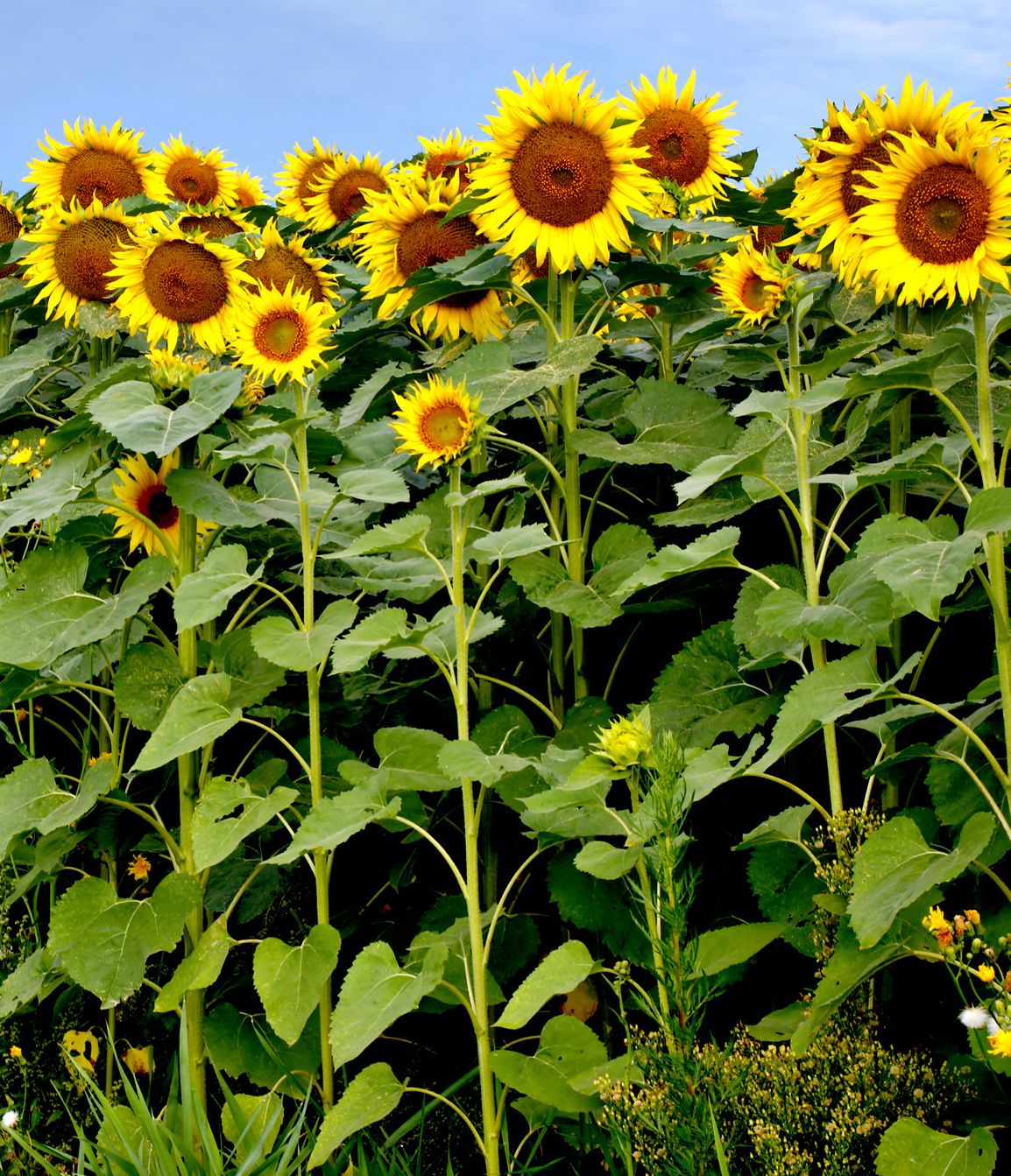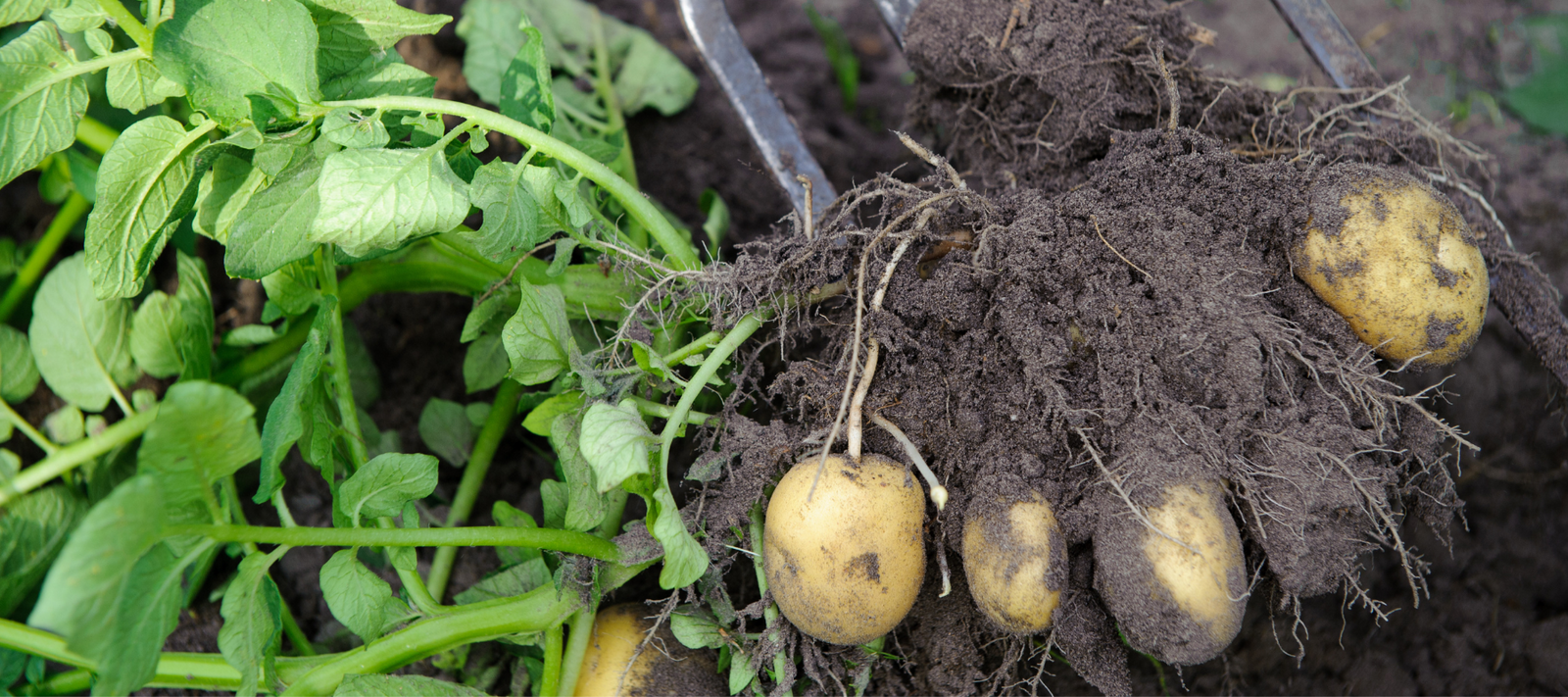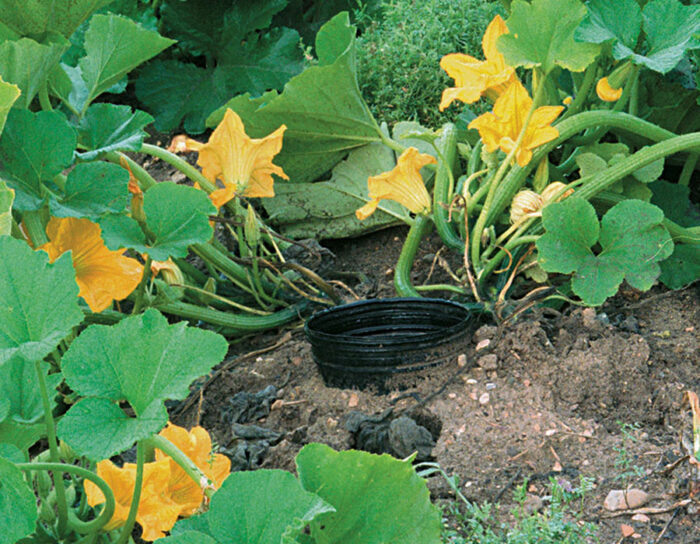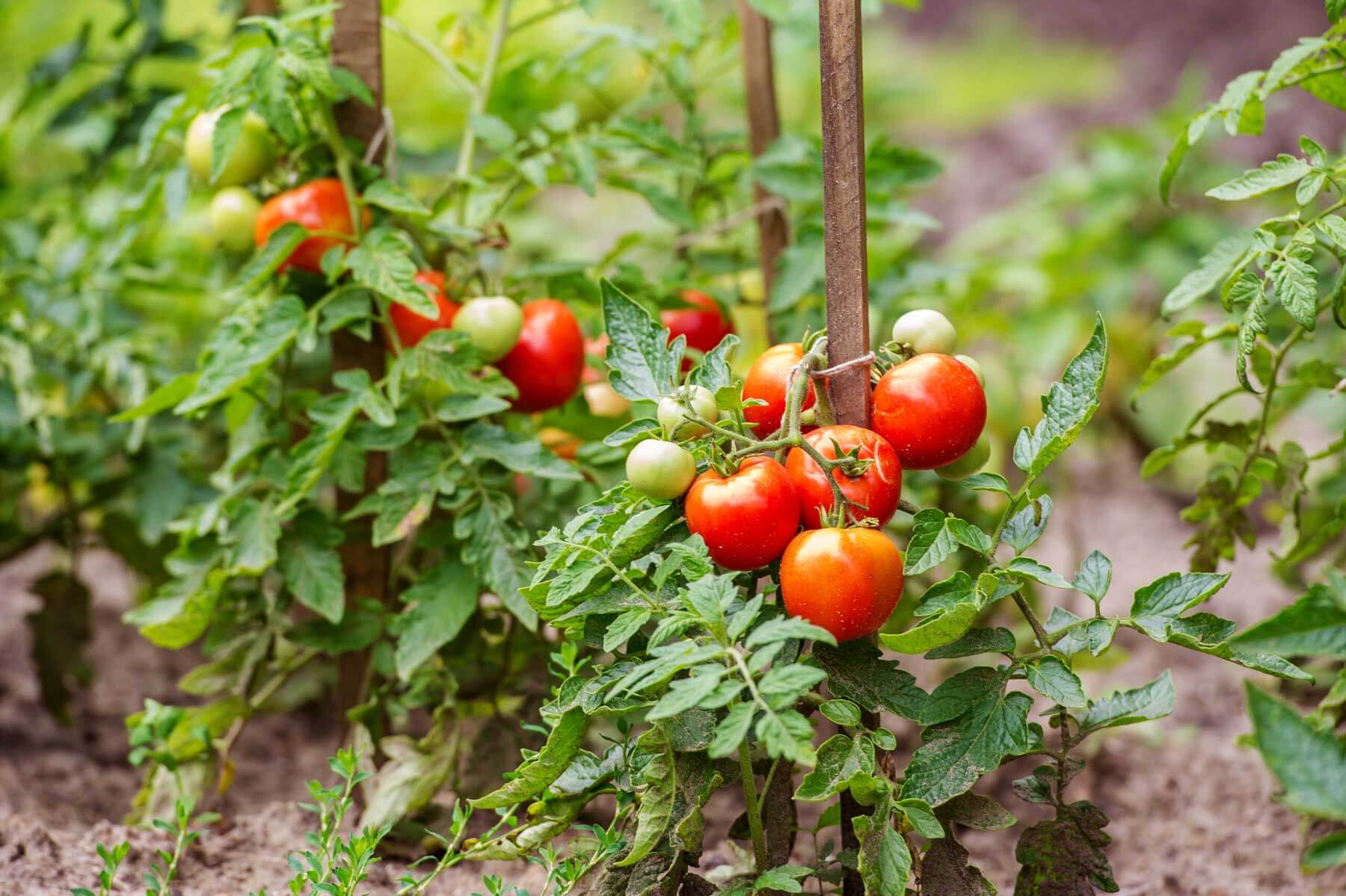Summerproof Plants That Will Thrive In Your Garden
Title: SummerProof Plants That Will Thrive in Your Garden
Introduction:
The summer heat can be tough on plants, but there are a number of species that are well-adapted to these conditions. These summer-proof plants can add beauty and color to your garden, even in the hottest months.
In this blog post, we will discuss some of the best summer-proof plants for your garden. We will also provide tips on how to care for these plants so that they can thrive in the heat.
Main Content:
Here are some of the best summer-proof plants for your garden:
- Black-eyed Susans are a type of wildflower that is native to North America. They are known for their bright yellow flowers with black centers. Black-eyed Susans are heat-tolerant and drought-resistant, making them a great choice for gardens in hot climates.
- Dusty Miller is a low-growing perennial that is covered in silvery leaves. It is a great choice for borders or rock gardens. Dusty Miller is heat-tolerant and drought-resistant, and it requires very little care.
- Gerbera Daisies are a type of daisy that is native to South Africa. They are known for their bright, colorful flowers. Gerbera Daisies are heat-tolerant and drought-resistant, and they can be grown in containers or in the ground.
- Hibiscus is a tropical shrub that is known for its large, colorful flowers. Hibiscus is heat-tolerant and drought-resistant, and it can be grown in containers or in the ground.

- Lantana is a shrub that is native to tropical America. It is known for its brightly colored flowers that bloom all summer long. Lantana is heat-tolerant and drought-resistant, and it can be grown in containers or in the ground.
- Liatris is a perennial that is native to North America. It is known for its tall, spiky flowers that bloom in the summer. Liatris is heat-tolerant and drought-resistant, and it can be grown in borders or in the ground.

- Peony is a perennial that is native to Asia. It is known for its large, fragrant flowers that bloom in the spring. Peonies are heat-tolerant and drought-resistant, but they do need some winter protection in cold climates.

- Sunflowers are a type of annual that is known for its tall, bright yellow flowers. Sunflowers are heat-tolerant and drought-resistant, and they can be grown in containers or in the ground.

Care Tips:
To care for summer-proof plants, you will need to provide them with full sun and well-drained soil. You should also water them regularly, but not too much. Overwatering can be just as harmful as underwatering.
In addition to these general care tips, there are a few other things you can do to help your summer-proof plants thrive:
- Mulch around your plants to help retain moisture and suppress weeds.
- Deadhead spent flowers to encourage new blooms.
- Fertilize your plants regularly with a balanced fertilizer.
Conclusion:
With a little care and attention, you can enjoy the beauty of summer-proof plants all season long. These plants are a great way to add color and interest to your garden, even in the hottest months.
Are you looking for plants that can be planted in summer? Visit Garden Wiki for more information. This website has a comprehensive list of summer-plantable flowers, vegetables, and herbs, as well as tips on how to care for them. You can also find information on when to plant these plants in your area, so you can enjoy their beauty and bounty all summer long.
FAQ of plants that can be planted in summer
What are some of the best plants to plant in summer?
Some of the best plants to plant in summer include:
- Beans: Beans are a great summer crop because they are relatively easy to grow and produce a bountiful harvest. There are many different varieties of beans to choose from, so you can find one that suits your taste.
- Carrots: Carrots are another easy-to-grow summer crop that is packed with nutrients. They can be grown in a variety of soil types, and they are relatively resistant to pests and diseases.
- Cucumbers: Cucumbers are a refreshing summer vegetable that can be eaten fresh, pickled, or cooked. They are relatively easy to grow, but they need plenty of water.

- Peas: Peas are a delicious and nutritious summer vegetable that is a good source of protein. They can be grown in a variety of soil types, and they are relatively resistant to pests and diseases.
- Potatoes: Potatoes are a versatile summer crop that can be used in a variety of dishes. They are relatively easy to grow, but they need well-drained soil.

- Summer squash: Summer squash is a delicious and versatile summer vegetable that can be cooked or eaten raw. It is relatively easy to grow, and it does not require a lot of space.

- Tomatoes: Tomatoes are a popular summer crop that is a good source of vitamins and minerals. They can be grown in a variety of soil types, but they need full sun.

When is the best time to plant summer vegetables?
The best time to plant summer vegetables varies depending on your climate. In general, you should plant summer vegetables after the last frost date. This will give them enough time to mature before the first frost of fall.
What are some tips for planting summer vegetables?
Here are some tips for planting summer vegetables:
- Choose a sunny spot in your garden.
- Prepare the soil by tilling it and adding compost or manure.
- Plant the seeds or seedlings at the correct depth.
- Water the plants regularly, especially during hot, dry weather.
- Fertilize the plants every few weeks.
- Protect the plants from pests and diseases.
What are some common problems with summer vegetables?
Some common problems with summer vegetables include:
- Pests: Summer vegetables can be susceptible to a variety of pests, such as aphids, beetles, and caterpillars.
- Diseases: Summer vegetables can also be susceptible to a variety of diseases, such as powdery mildew and blight.
- Heat stress: Summer vegetables can be susceptible to heat stress, especially if they are not watered regularly.
How can I prevent problems with summer vegetables?
There are a few things you can do to prevent problems with summer vegetables:
- Plant resistant varieties.
- Rotate your crops.
- Water the plants regularly.
- Fertilize the plants every few weeks.
- Monitor the plants for pests and diseases.
Post a Comment for " Summerproof Plants That Will Thrive In Your Garden"